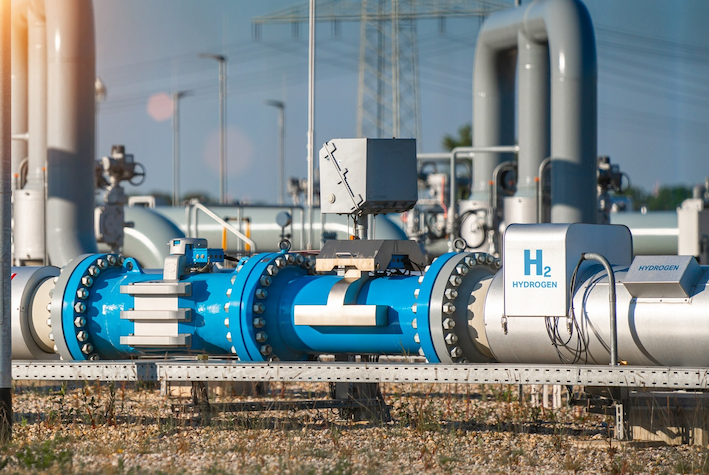The Council of the European Union (EU) have heralded the significant attraction of international hydrogen investment. Investing in hydrogen is being called an energy priority, with representatives of the member states in attendance during a virtual meeting, and endorsed by the Portuguese presidency of the EU.
Noting that hydrogen is a competitive market, with a daily increase of exciting hydrogen companies to invest in, the energy portfolio European leaders specified the requirement of a “stable regulatory framework”, for the industry in the European Union.
“Public and private investment must ally, and governments have a responsibility to give the right signals, creating the conditions for the private sector to invest with stability and security (in hydrogen),” said Joao Pedro Matos Fernandes, Portuguese Minister of Environment and Climate Action.
“The production and distribution of hydrogen hinges on the planning of crucial infrastructure” said Elisabeth Winkelmeier-Becker, Germany’s Secretary of State for Economic Affairs and Energy.
With hydrogen trains, hydrogen trucks, hydrogen buses and even hydrogen airplanes already in advanced stages of rollout, there is no shortage of hydrogen investment opportunities to choose from.
Bas van’t Wout, the Netherlands Minister for Economic Affairs and Climate Policy, called for energising public sector investment, in order to kickstart the European strategy.
“It is time to accelerate investment and political decisions” in an effort to establish firm footing for sustained investment in hydrogen, said Spain’s Secretary of State for Energy Sara Aagesen Munoz.
Such deep understanding of the nascent hydrogen market is reassuring to hear from so many state representatives.
The UK, no longer a member state, has demonstrated leadership in hydrogen of its own, including JCB’s world-first zero-emission hydrogen digger, developed in partnership with zero-emission fuel technology company Ryse Hydrogen, despite government not having released a hydrogen strategy yet – much to private sector dismay. Eager to greenlight shovel-ready projects worth hundreds of billions, private companies are seeking greater government commitment, as they invest in tackling the emissions crisis whilst creating jobs.

The UK have lead in some parts to the Hydrogen industry, including (pictured) JCB’s world-first zero-emission hydrogen digger
Luxembourg’s Energy Minister Claude Turmes called on the EU to establish “a transparent system, because the private investor will only be interested in moving forward if there is transparency.”
It is precisely this sort of joined up thinking around Hydrogen that puts the EU’s decarbonisation strategy in a prioritised position (as it certainly needs to be) in aiming for its emissions targets. Germany for example, were one of the first countries to announce a Hydrogen strategy in 2019, and quickly released an initial investment in hydrogen of nine billion euros, leaving other less proactive environmental commitments in the shade.
Of course the health of the planet is not the only driver behind the hydrogen industry, projected to be worth 3 trillion by 2050 hydrogen also has the hugely positive knock-on effect of creating and sustaining thousands of highly skilled jobs, making it the dream ticket for governments ‘green recoveries’.






